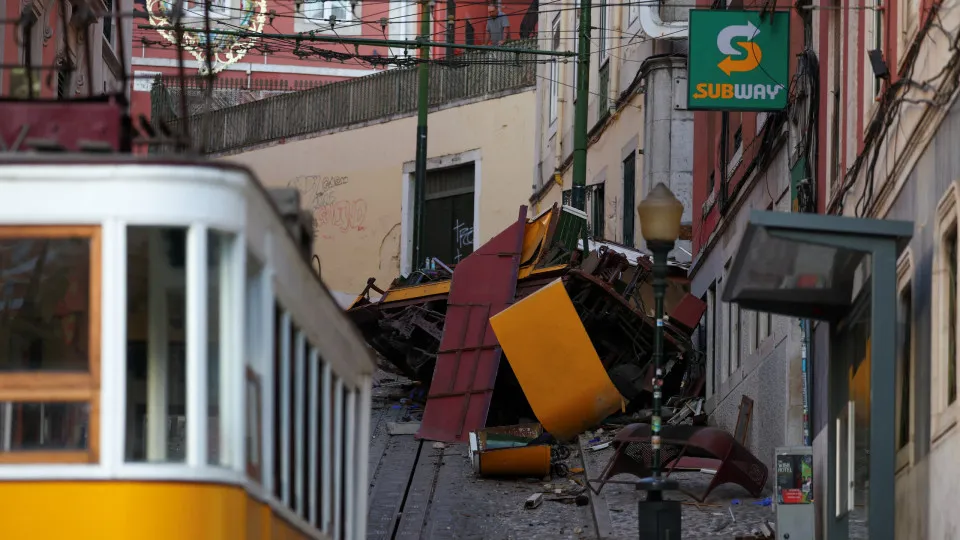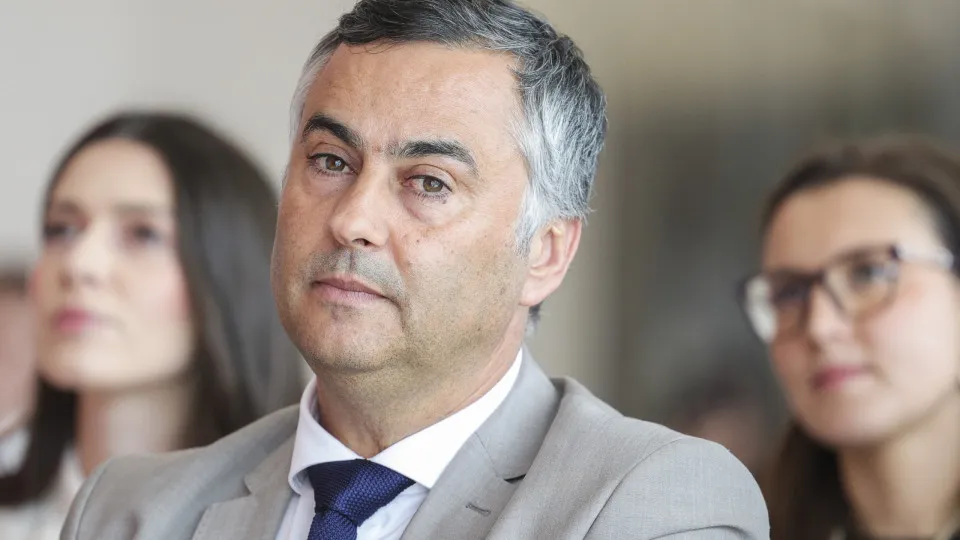
The preliminary report by the Office for the Prevention and Investigation of Aircraft and Railway Accidents (GPIAAF) addresses the tragic accident involving the Glória elevator in Lisbon on September 3, which resulted in the deaths of 16 people and injuries to around 20 others, both Portuguese and foreigners of various nationalities.
The document, accessed today, advises Carris against reactivating the lifts without an evaluation by a funicular specialist entity regarding cable attachments and brakes, in alignment with European regulations, all while preserving the historical aspect of these transports but without compromising safety.
GPIAAF also suggests that the company responsible for Lisbon’s lifts evaluate and review its internal control system, particularly concerning the processes for specification, acquisition, reception, and application of components critical to vehicle safety.
The investigation further advises Carris to assess the benefits of defining and implementing a safety management system, aligning with European best practices yet tailored to their organizational reality.
“This system should allow for an explicit and documented identification and analysis of operational safety risks, as well as the measures implemented to ensure control at an acceptable level, proceeding in accordance with the evaluation findings,” states GPIAAF.
The cable connecting the two cabins of the Glória elevator, which failed at the attachment point of the derailed carriage, didn’t meet Carris’s specifications nor was it certified for passenger use.
The investigation identified failures in Carris’s cable procurement process and the company’s internal control mechanisms.
Additionally, GPIAAF recommends Carris to clarify contractual obligations with the maintenance service provider and to exercise effective oversight and control over these obligations, ensuring quality management and execution in compliance with applicable standards.
Regarding the Institute for Mobility and Transport (IMT), the preliminary report notes it is a national public entity tasked with promoting the definition and updating of the regulatory framework for land transport, as well as approving, homologating, and certifying vehicles and equipment for terrestrial transport systems to meet required technical and safety standards.
GPIAAF urges IMT to promote a legislative or regulatory framework ensuring all funiculars and similar or analogous public transport systems are technically and supervisory structured, in accordance with EU regulations.
The investigation further suggests IMT promote legislation ensuring that historic, modernized, or modern electric trams operating on public roads meet adequate safety rules and conditions, both upon service entry and throughout their service life.
“Following the best practices of other Member States in this domain, and at an appropriate level of independent supervision,” the preliminary report indicates.
According to GPIAAF, the safety recommendations aim at improvement, based on the conclusions, even preliminary if appropriate, of an investigation into one or more accidents or incidents.




